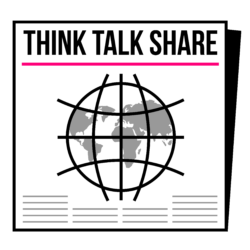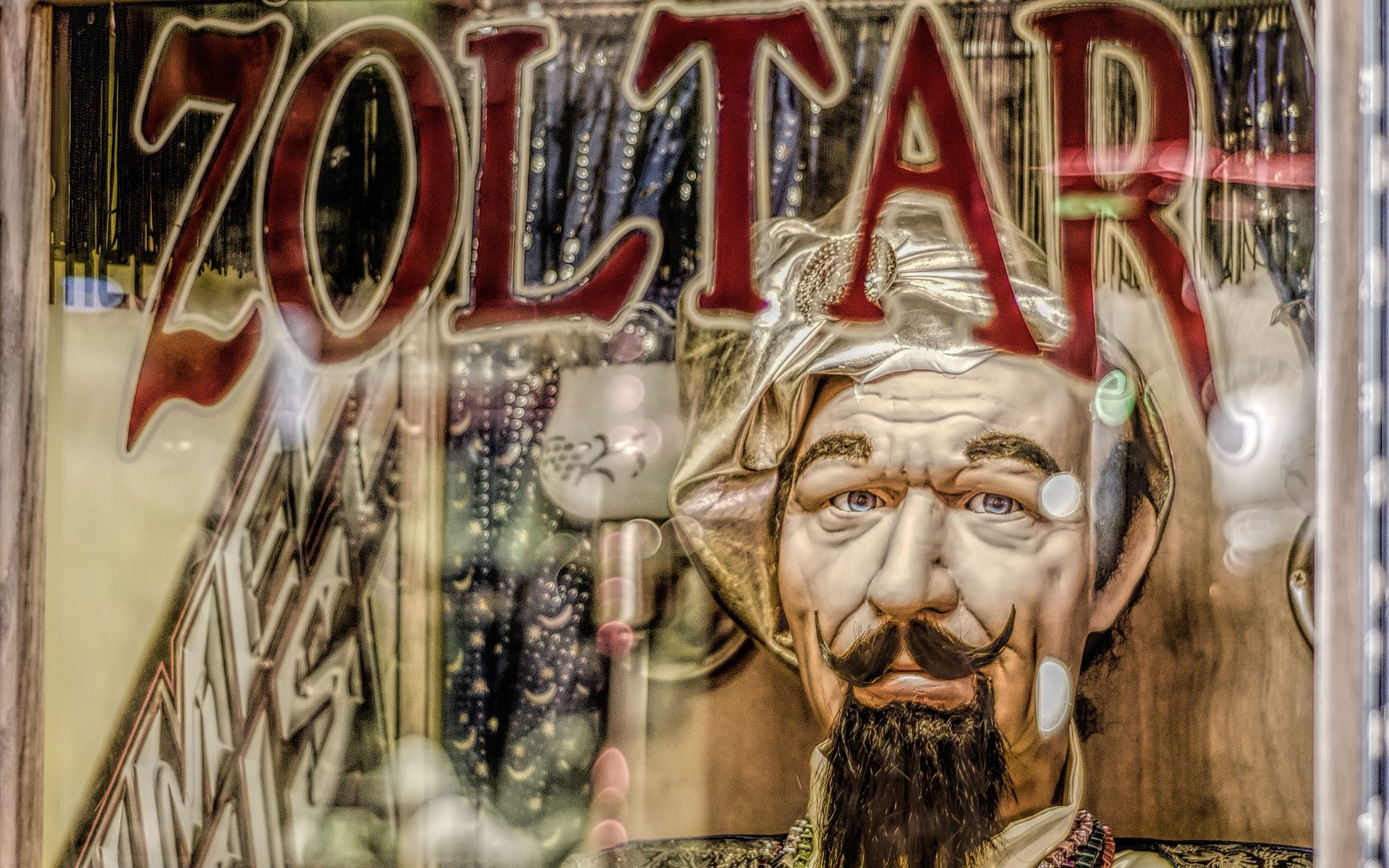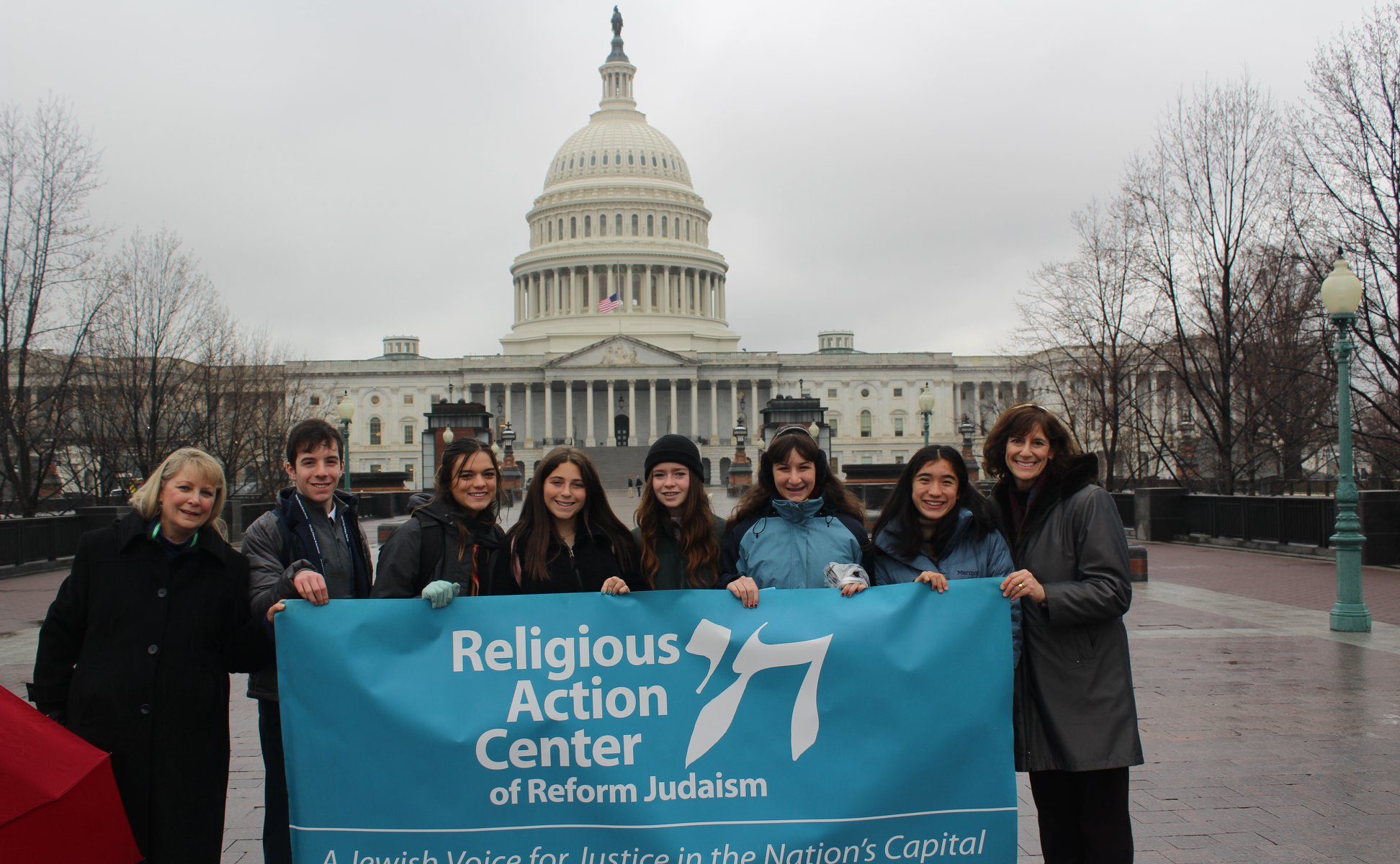I love stories. I love movies. I love magic. For my entire life, I’ve believed in the magical stories I’ve read in books or seen in movies. Even though I know and believe in scientific facts, magic is fun! Believing in magic is part of childhood, and there’s nothing wrong with keeping that mindset throughout life. But, is there a difference between magic in stories and magic in real life?
This weekend I met with a fortune teller for the first time at a friend’s birthday party. I went in thinking, “well this is going to be a bunch of baloney, but it should be fun.” My friends told me to ask her about what is to come in my love life, and we all regarded my visit as a joke. I entered her little cloth tent after about an hour of waiting my turn, and a middle aged woman wearing a multicolored caftan – I’ll call her Zara – asked my name. Zara asked for something of mine to hold onto, so I gave her my watch. I told her immediately as I entered that I was excited and had been waiting for this moment, so I was not all that impressed when the first thing she said to me was that she believed I had a lot of energy. But as our session progressed, her comments got more and more specific and made me question my strict adherence to scientific facts.
My social life has been a rollercoaster lately, and she told me she could tell I’ve been stressed. That comment just reinforced what I already knew about myself; I have been told I give off a stressful vibe. As we continued talking and Zara continued fingering my watch, she spewed out some additional wisdom about my life, and I felt like I couldn’t look away. She suggested that music calms me, told me I would find a boyfriend who has brown hair like me, and that when I get my braces off I’m going to be a “knockout.” Whether she told me what would actually happen in my future or just what I wanted to hear, I’m not entirely sure. But I left her humble booth feeling happy, justified, and hopeful for my future.
Predicting the future has been around for centuries and is done under the belief that the universe has a set pattern for each individual in which clues can be found to determine fortunes and upcoming events about a person’s life. As a student in AP European History, I loved the idea that fortune telling is found in many cultures and may have some roots in Renaissance magic. Subjects like alchemy and astrology speak to me like the pages of Harry Potter and the idea of having the stars align for me seemed equally riveting.
Whether my experience with Zara was actually scientific or just a bunch of well- executed educated guesses by an excellent reader of people I will never know. But what I do know is that seeing a fortune teller is an interesting experience that allows you to take some time for self reflection. Maybe it was all ambiance – like being in the salon or having a sleepover with good friends, but I felt like I could really tell her anything, and she would magically shape that new bit of information into some prediction about what would come next. So the next time you’re feeling curious or a bit confused, don’t spend a ton of money on a therapist, just head down to a fortune teller and have a real, personal, and downright magical experience.




